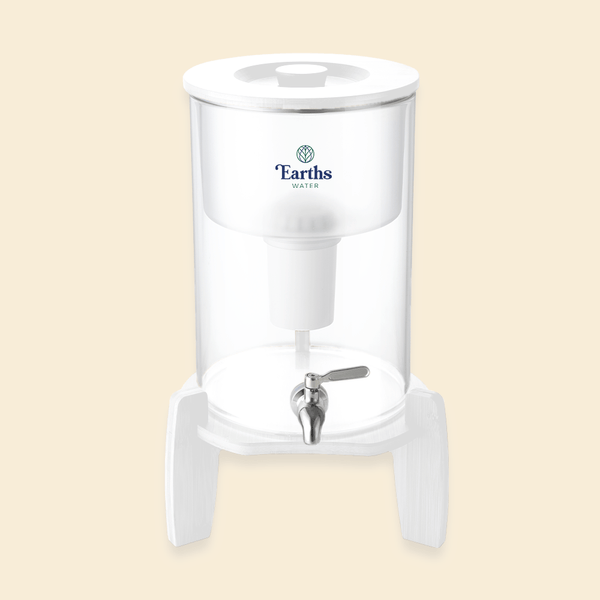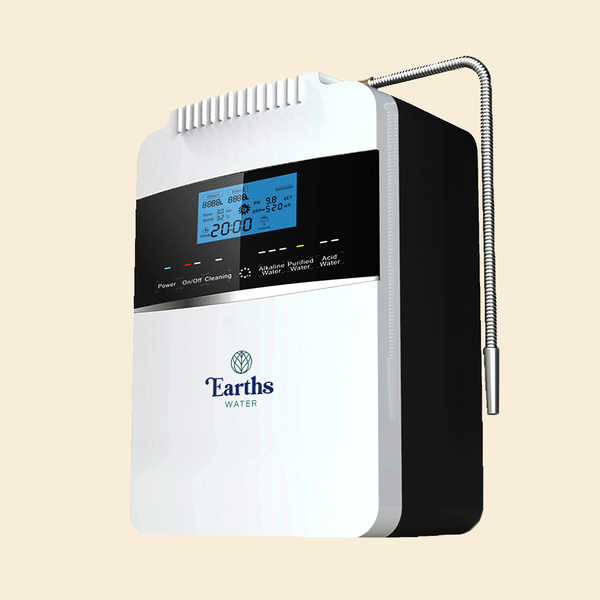Have you ever noticed that funny taste after drinking tap water and thought, “Ugh, what is that taste?”
Sometimes it’s that chlorine tang; other times, it tastes i-don’t-know. These off-putting flavours are given clues that your water might not be as pure as it seems. You deserve to know exactly what’s in your water–it shouldn’t be a guessing game.
From lingering chlorine to trace contaminants, there could be things impacting both the taste and the long-term taste of your tap water. Although they might fall in the “acceptable” categories, why would you put up with “good enough” or live with the mystery taste when you have the choice to get a water filter?

What’s in Tap Water?
Sure, the tap water might look like…well, water. But what’s really in it? Here’s a breakdown of what you can find in tap water, even if it passes the most official water quality checks:
- Chlorine: Added as a disinfectant, chlorine leaves a distinct taste and odour that you might find unpleasant. Some studies also suggest that long-term exposure to or breathing high levels of chlorine by-products may lead to certain health risks.
- Heavy metals: You can find traces of copper, lead, and other heavy metals in tap water because of the corrosion of old pipes and the contamination from the surrounding environment. Heavy metal exposure can have significant health effects, especially on young children.
- Microplastics: Studies have detected microplastics in tap water samples and bottled water. Although the long-term health implications are still under investigation, it highlights the importance of minimising plastic pollution and choosing reusable water bottles.
- Nitrates: Excess nitrates, usually found in fertilisers, can contaminate water supplies and pose risks to infants. High nitrate levels can interfere with oxygen transport in the blood.
- Mineral Build-up: Calcium and magnesium create “hard water,” which is not directly harmful but can cause limescale deposits on appliances (really difficult to remove!) and alter water taste.
- Pesticides and Herbicides: These chemicals are smart; they can find their way into water supplies through agricultural runoff. Trace amounts might pose health risks, especially long-term exposure.
See? Your tap water might be water, but it’s not as straightforward as it looks. This might have surprised you, but these are the hidden Mickeys you can find in your tap water. Just because you can't see them doesn't mean they aren't there.
Why You Should Buy a Water Filter
Ask yourself, are you comfortable with the “extras” in your glass of water? If your answer is “No,” then a quality water filter might be the solution to upgrade your H2O. Let’s see what a water filter can bring to your household:
Removes sneaky contaminants
The scary thing about some tap water contaminants is that you can't see them. They are sneaky, but they must be banished! How can a quality water filter do this?

Think of your water filter as a high-tech bouncer (yes, a bouncer) for your drinking water. It stops or blocks the uninvited guests at the door and lets only the invited and the good ones through.
Water filters use different tactics to fight these contaminants. They have filters that can physically block the particles and special materials to trap chemicals. They even filter out those microscopic bits of plastic and heavy metals that turn up in water supplies–the ultimate shield!
Saves money, and Mother Nature
Single-use plastic water bottles are a double whammy – bad for your budget and a disaster for the environment.
How much do you spend on bottled water every week? That adds up quickly, for sure. And this is not news to you anymore, but most bottled water ends up in either a landfill or the ocean.
A water filter and a reusable bottle break the cycle. They are a one-time investment that pays for itself over and over. Every bottle you don't buy is one less burden on recycling systems and landfills.
If unsure, here’s a fun way to prove the point: grab a calculator now. Figure out how much you spend on bottled water in a month. Now, compare that to the cost of a good water filter. You’ll be amazed at how quickly it pays for itself while making a difference for the planet.
Provides appliance TLC
See those limescale streaks in your kettle and that funky build-up in the coffee machine? They’re signs of hard water doing not-so-wonderful things. That could have been avoided if only you had a water filter.
For starters, hard water is packed with minerals like calcium and magnesium. Yes, it’s healthy to drink, but they leave behind deposits that can shorten your appliance’s lifespan. The limescale buildup affects the appliance’s heating elements.

This means the appliance will take much more time than usual to heat up, making the appliances work harder, driving up energy bills, and leading to breakdowns.
But water filters, especially those that reduce water hardness, won't allow these troublesome minerals to do more damage. They are preventive maintenance for water-using appliances.
Just think of it as extending the life and good looks of your hardworking kitchen helpers.
Leaves water that tastes GOOD
“Hello, weird flavours, bye refreshing!” This is what you’ll say if you don’t tap the power of a water filter. It tackles chlorine, which gives that bleachy, swimming pool-esque taste and smell in your water. The activated carbon filter neutralises it, making your water taste crisp and clean.
And that’s not the end of it! Water filters also eliminate the musty and earthy odour that you smell in your water. They can make your water “just water,” but better.
Guarantees peace of mind
In a world of concerns, your drinking water shouldn’t be one of them. Beyond taste and health benefits, water filter give something invaluable–peace of mind. They offer a level of assurance that simple tap water can’t provide.
For instance, if you have little ones, an elderly person, or someone with a compromised immune system in your household, a water filter adds an extra layer of safety. It minimises their exposure to potential contaminants for true peace of mind.
Even water deemed “safe” may contain low levels of contaminants you’d rather avoid. As the saying goes, it’s better to be safe than sorry. A water filter lets you go the extra mile for your family’s health.
Consider it the ultimate, invisible shield around your water supply–keeping you and your loved one safe, sip after sip.
Is a Water Filter Worth It? Here’s Why We Say YES
Investing in a water filter isn’t just about tasting “better water.” It’s more than that; it’s about thinking of your health first, protecting the planet in your own way, and making your life a little bit easier.
Don’t leave your water to chance. Take control and make sure that every glass you sip is healthy and worry-free. Tap into the power of a water filter! Like any of us, your water deserves better.









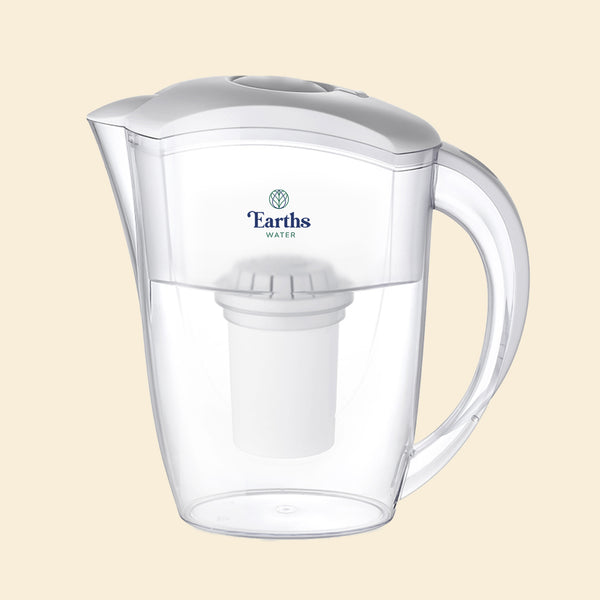
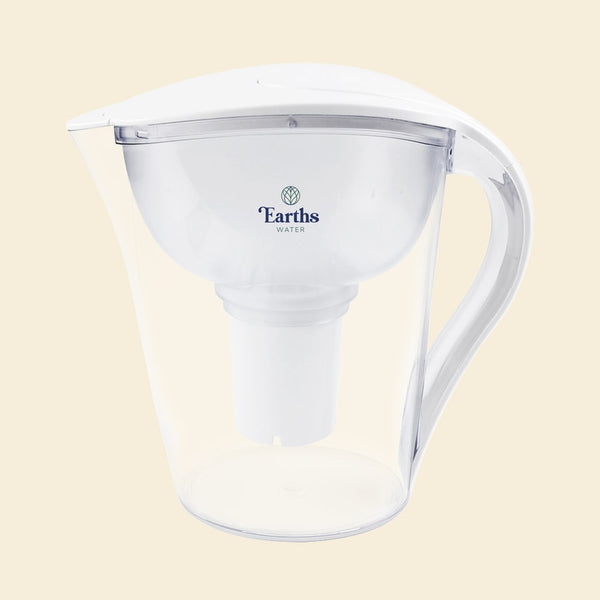
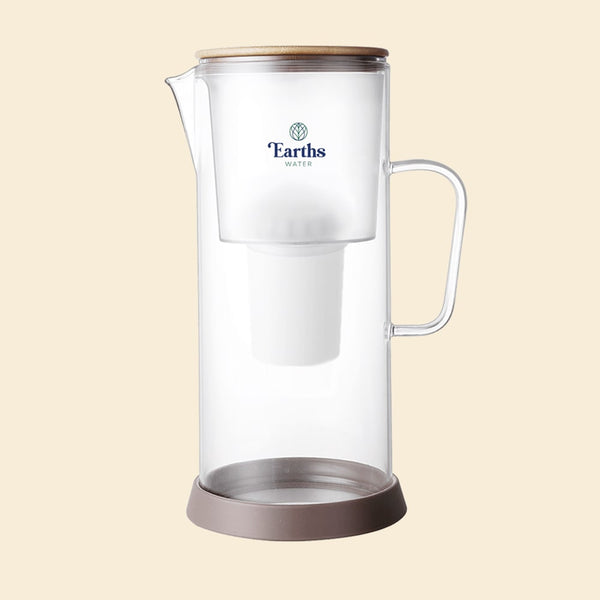
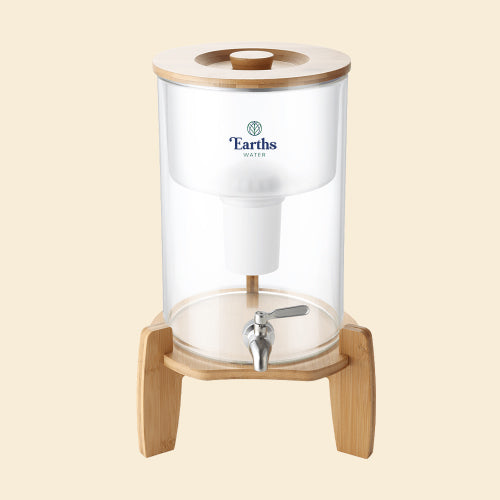
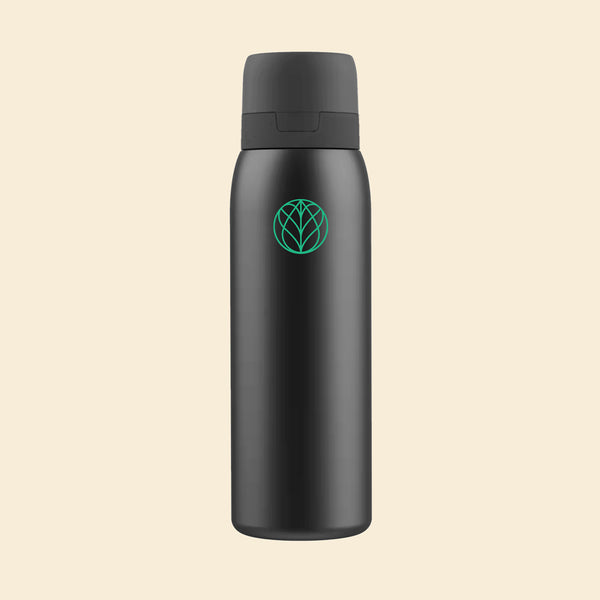
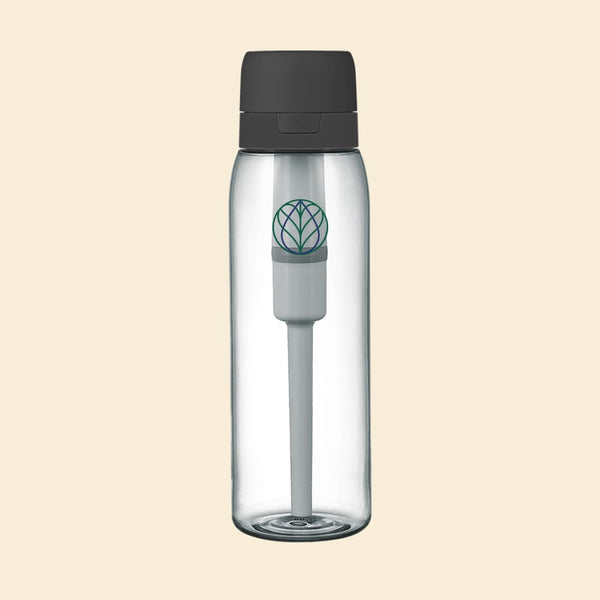
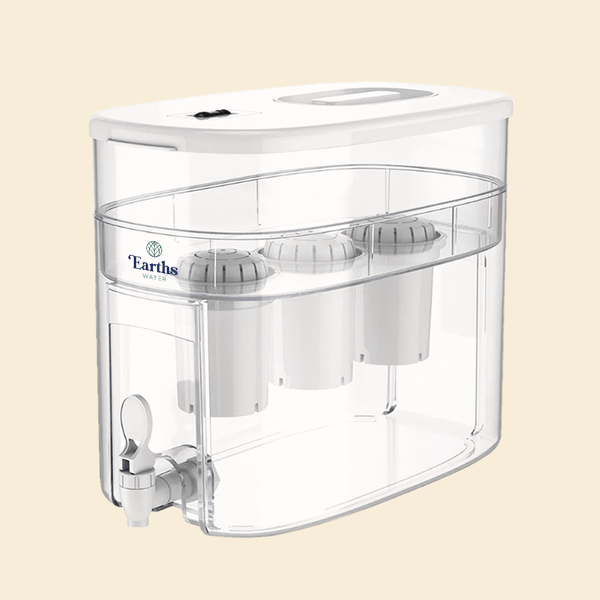
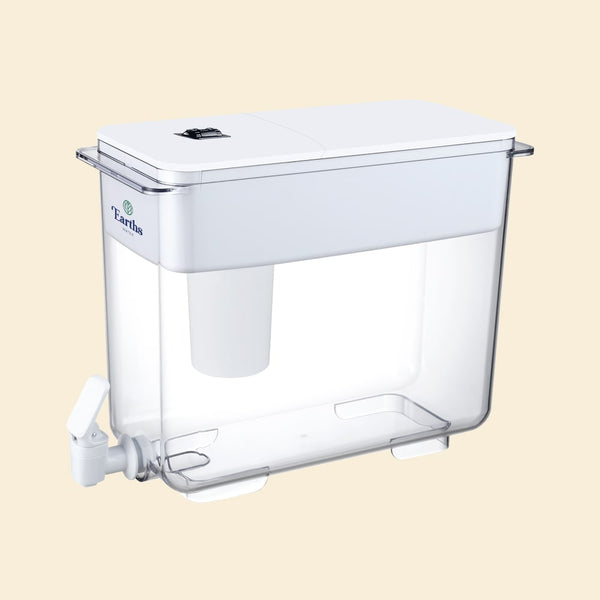
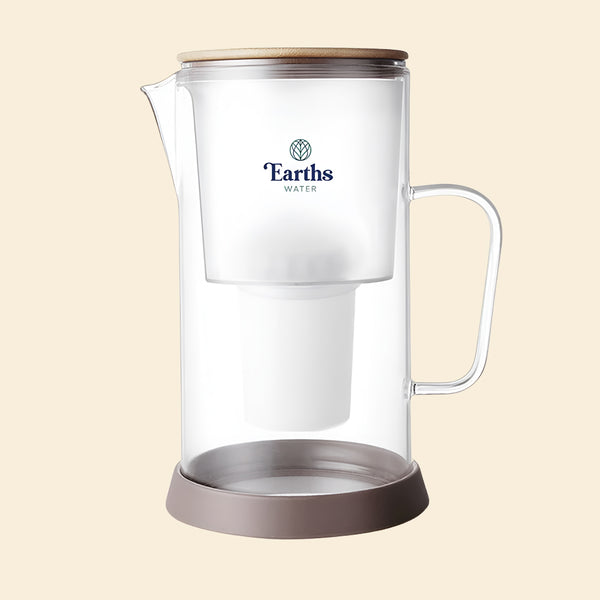
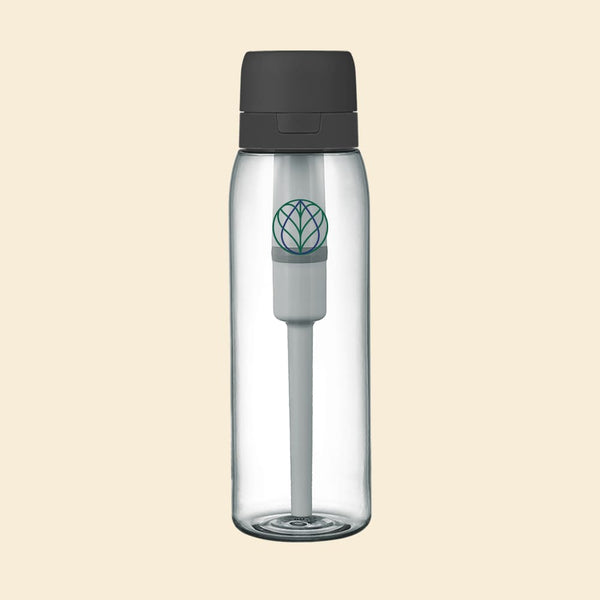
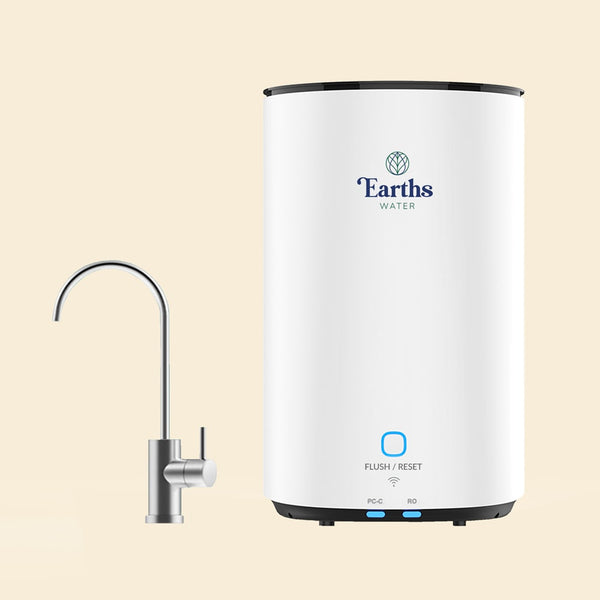
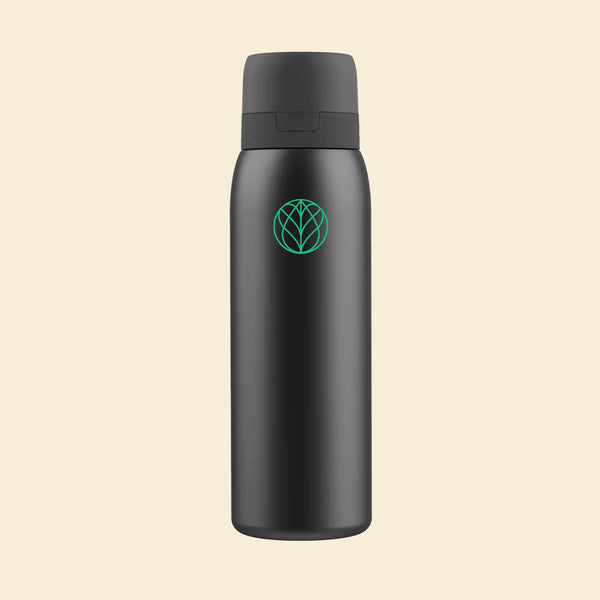
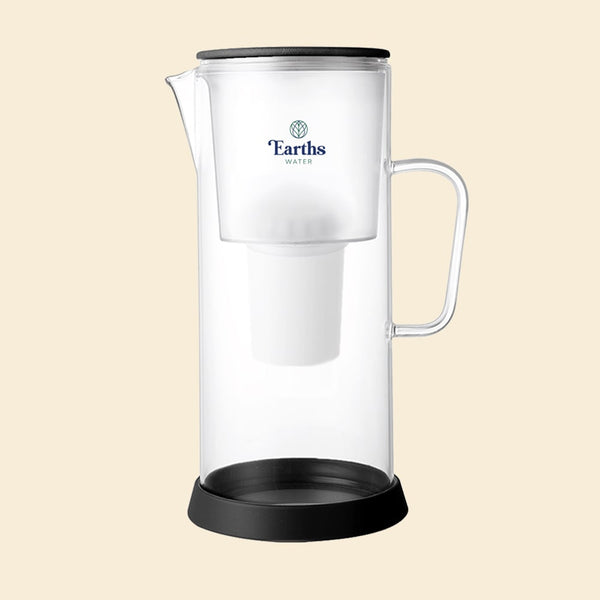
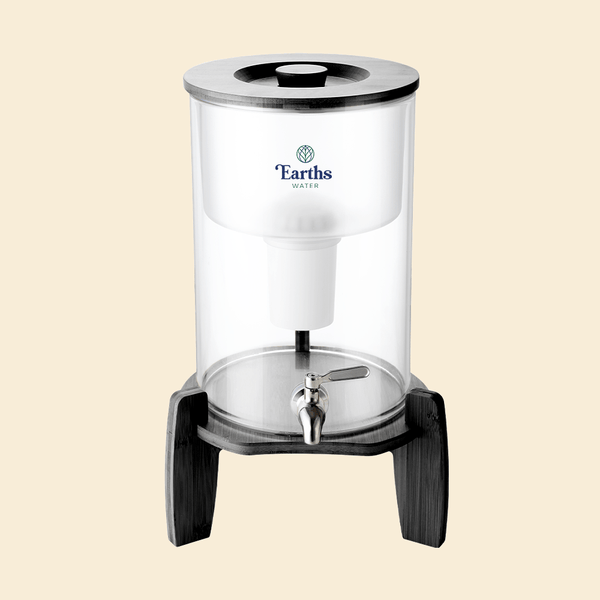
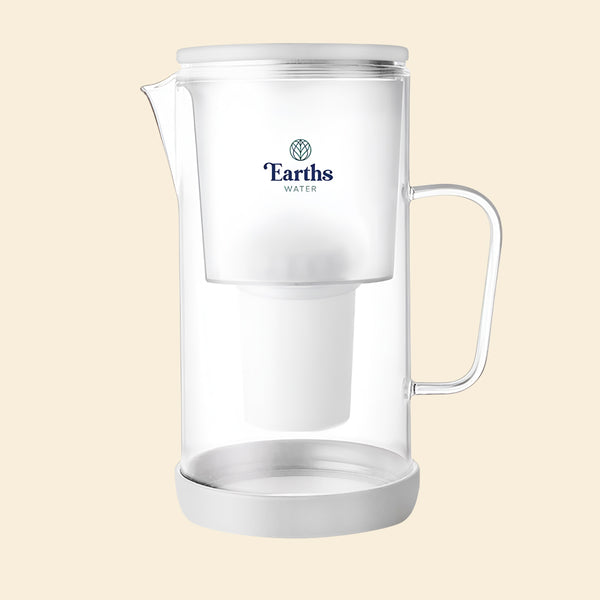
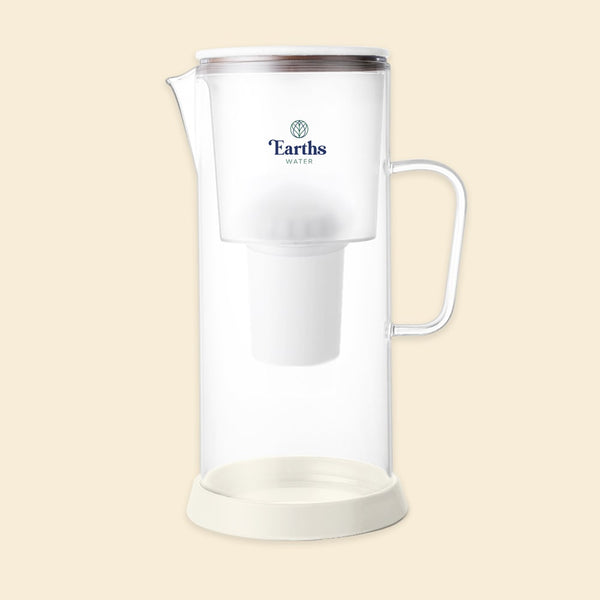
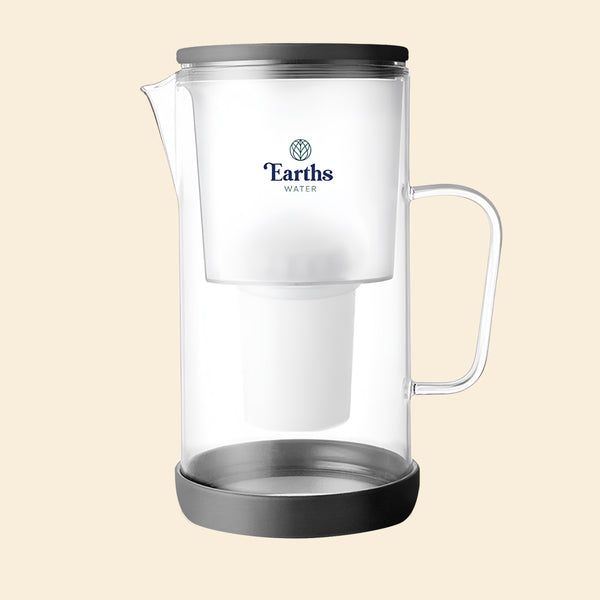
![9L Glass Benchtop Alkaline Water Filter - Eco Acacia [LIMITED EDITION]](http://earthswater.com.au/cdn/shop/files/ACACIA-BENCHTOP-FRONT-BEIGE_600x600.png?v=1743392740)
